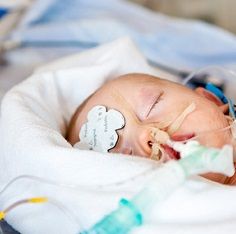Article
Pediatric MS: Association Between Gut Microbiota and Relapse Risk
Author(s):
Gut microbiota has been a trending area of study across all medical specialties, and poses a curious question in multiple sclerosis (MS) research.

Gut microbiota has been a trending area of study across all medical specialties, and poses a curious question in multiple sclerosis (MS) research.
Helen Tremlett, MD, University of British and team studied the association between gut microbiota profiles in early pediatric MS and relapse risk.
Tremlett reported findings from the study at the Americas Committee for Treatment & Research in Multiple Sclerosis (ACTRIMS) 2016 Forum. The team involved children 18 years and below from the University of California, San Francisco pediatric MS clinic within two years of onset.
Stools from the 10 girls with 17 RRMS were shipped on ice and stored at -80C to amplify the 16S rRNA gene.
The stool assessment showed 25% of cases relapsed within an estimated 166 days from baseline. A shorter relapse time was associated with an absence of Fusobacteria, but a higher level of Firmicutes, and presence of the Archaea Euryarchaeota.
After adjusting for age and other variables, only the Fusobacteria phylum remained significant. Its absence versus presence was associated with a 76% chance of an earlier relapse.
“Findings suggest that gut microbiota composition may be associated with subsequent relapse risk. Absence of Fusobacteria was associated with over three times the hazard of an earlier relapse relative to a child with measurable levels of this phylum. Further investigation is warranted,” concluded the authors.




